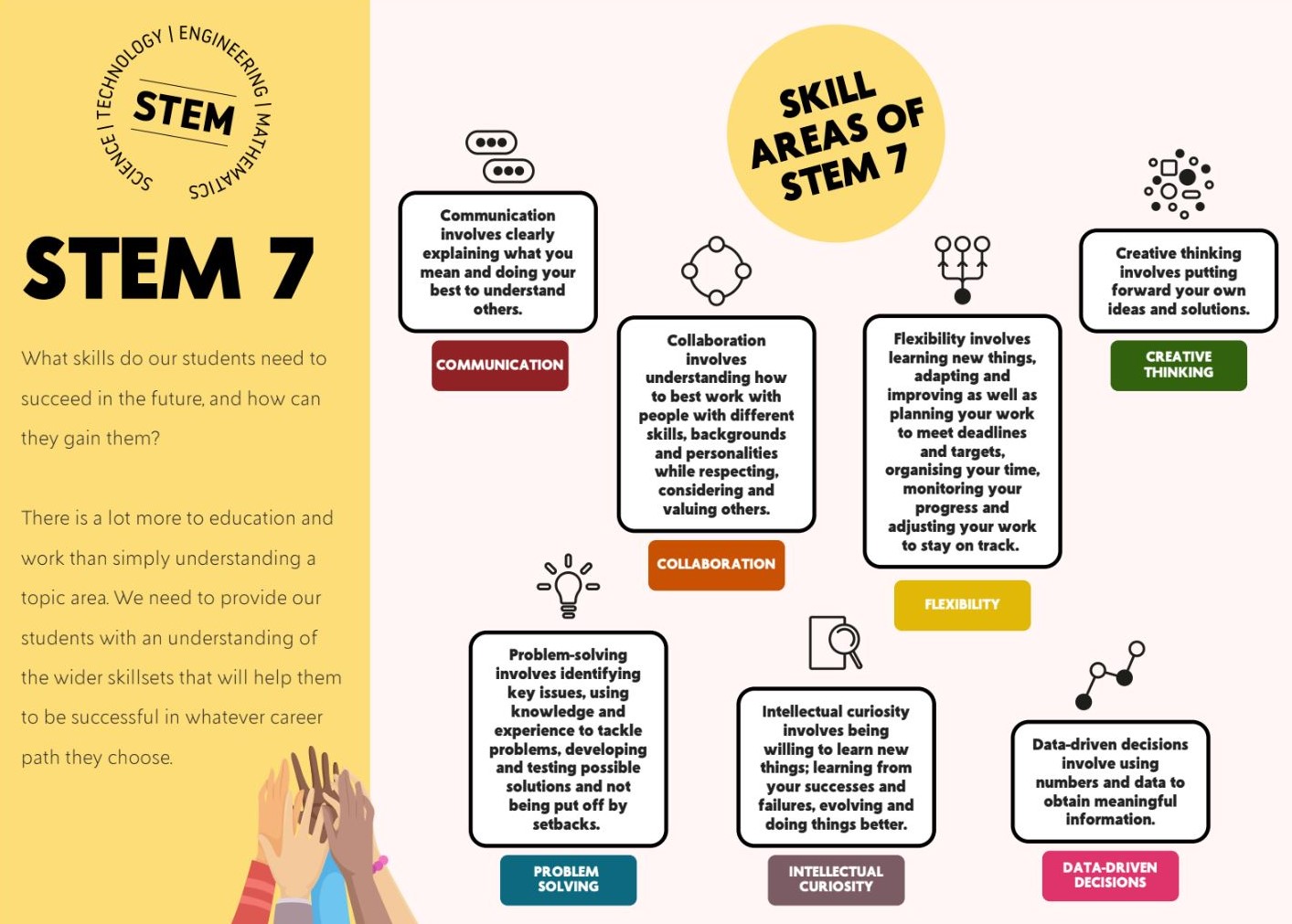
University Centre Leeds’ pioneering work showcased in national campaign
University Centre Leeds is being hailed as a model example of how education providers should be working with employers.
The University Centre works closely with a number of businesses and organisations (including the NHS) and, in recent years, has strengthened those ties by pioneering Higher Technical Qualifications (HTQs).
Designed to follow on from T Levels and A Levels, HTQs are developed in consultation with employers to ensure they produce ‘industry-ready’ individuals equipped with the specific skills needed to start in quality, advanced level roles.
Impressed by the University Centre’s track record of collaborating with businesses like Leeds-based cybersecurity solutions firm BlackDice, the Department for Education (DfE) visited earlier this year to make a video showcasing its approach.
Building talent pipelines
The resulting two-minute film can now be seen on the National Careers Service’s YouTube channel, entitled ‘HTQs help businesses to build their talent pipeline’.
The Univeristy Centre’s Dean of Higher Education, Dr Sarah Marquez, said: “Our work with employers to ensure our HTQs deliver exactly what they, our region and its economy needs is something we are very proud of.
“We became the first education institution in Yorkshire to gain approval to use the new quality mark, initially for our Cyber Security, Software Development and Computer Science courses, which launched in 2022.
“Since then we have expanded our HTQ portfolio to now include twelve other subjects, including health play specialism, business enterprise and management, healthcare assistant practitioner, PE and sport coaching, engineering, childcare, biomedical sciences, film and screen media, and animation.
“It is a testament to the quality and breadth of our offering that the Department for Education chose to visit us and record interviews about our collaboration with thriving businesses like BlackDice. We look forward to seeing how the footage is used to support what is a really important push to get more people, and businesses, to make the most of their potential by developing their higher technical skills.”
An ‘attractive proposition’ for businesses
The University Centre has been working closely with BlackDice’s Chief Operating Officer, Sarah Hague – who was also interviewed for the videos – on aspects of its cyber security and computer science degrees.
During her interview, Sarah said: “Students leaving with an HTQ will be a really attractive proposition for employers.
“Through occupational standards they will have developed the skills and knowledge that employers have asked for.
“For BlackDice, HTQs mean that we’ll be able to tap into work-ready talent that we might not have had access to.”
The University Centre is currently working with 120 employers and using their feedback to develop its courses – while aiming to team up with a further 50 in the near future.




